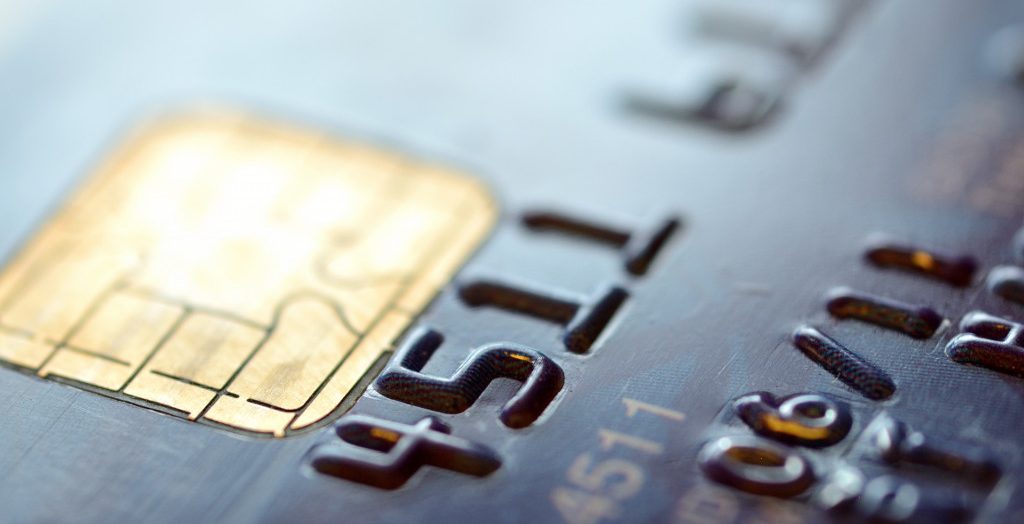Although using a credit card can be convenient, it often turns into a one-way ticket towards debt thanks to irresponsible usage and high interest. That’s why many people find themselves piled in debt without a way out when using credit cards. In fact, based on recent statistics, the average American household carries over $7,200 in credit card debt, with figures increasing each passing year as individuals struggle to keep up with inflation.
So, if you’re considering applying for an ATM or credit card, you may wonder — are credit cards a bad idea?
To help you out, here are the benefits and downsides of credit cards — and how you can use one without worries.
Advantages of Credit Cards
Credit cards ensure seamless transactions when traveling or buying things online. That’s because these facilities often require credit cards for you to make a reservation or make a purchase. Plus, it provides consumer protection for your purchases. It can also be a lifesaver when you’re facing an emergency, whether at home or in another country. After all, it’s better to go into short-term debt than stuck by the side of a road or stranded in a different country.
The Downsides of Credit Cards
Although credit cards are convenient, great for emergencies, and ensures protection when buying things online, it can be tempting to fill the gap between income and expenses using your card. However, remember that these costs don’t disappear once charged to your credit card. Excessive use leads to your expenses piling up fast, leaving you to pay more than you initially spent.
Plus, a credit card’s agreements’ terms and conditions tend to be tricky, so avoid diving into deals too fast. After all, credit card companies make a profit through high-interest rates.
How to Use Credit Cards Securely
 Although many opposed to getting a credit card, you can still enjoy the convenience of a credit card without worrying about getting into debt with the following strategies:
Although many opposed to getting a credit card, you can still enjoy the convenience of a credit card without worrying about getting into debt with the following strategies:
- Minimize Your Number of Credit Accounts — Although it’s a great idea to have more than one card, like when you’re traveling, and one card gets put on hold, remember that it’s easier to monitor two cards than 20. Having too many credit accounts can get you ‘off track,’ leading you to spend more than what you have.
- Avoid High Credit Limits — The higher the credit limit, the more you can spend, so it’s best to keep it a reasonable amount. That’s because if you go over the limit even by one dollar, expect to pay expensive over-limit fees and see your credit use score plummet, costing you more over time.
- Use Your Card Less – You only need to use your credit card occasionally to keep it active, and it’s best to save it when you need it, like for emergency hospital visits. It’s best to pay cash or use your debit card for everyday purchases.
A credit card can be a useful tool if you understand how to use it properly, but it can also lead to a hefty debt when utilized irresponsibly. So, whether credit cards are a good idea or not will depend on how you use it. The tips mentioned can help you use your cards confidently and securely, allowing you to tackle emergencies swiftly and more efficiently.






